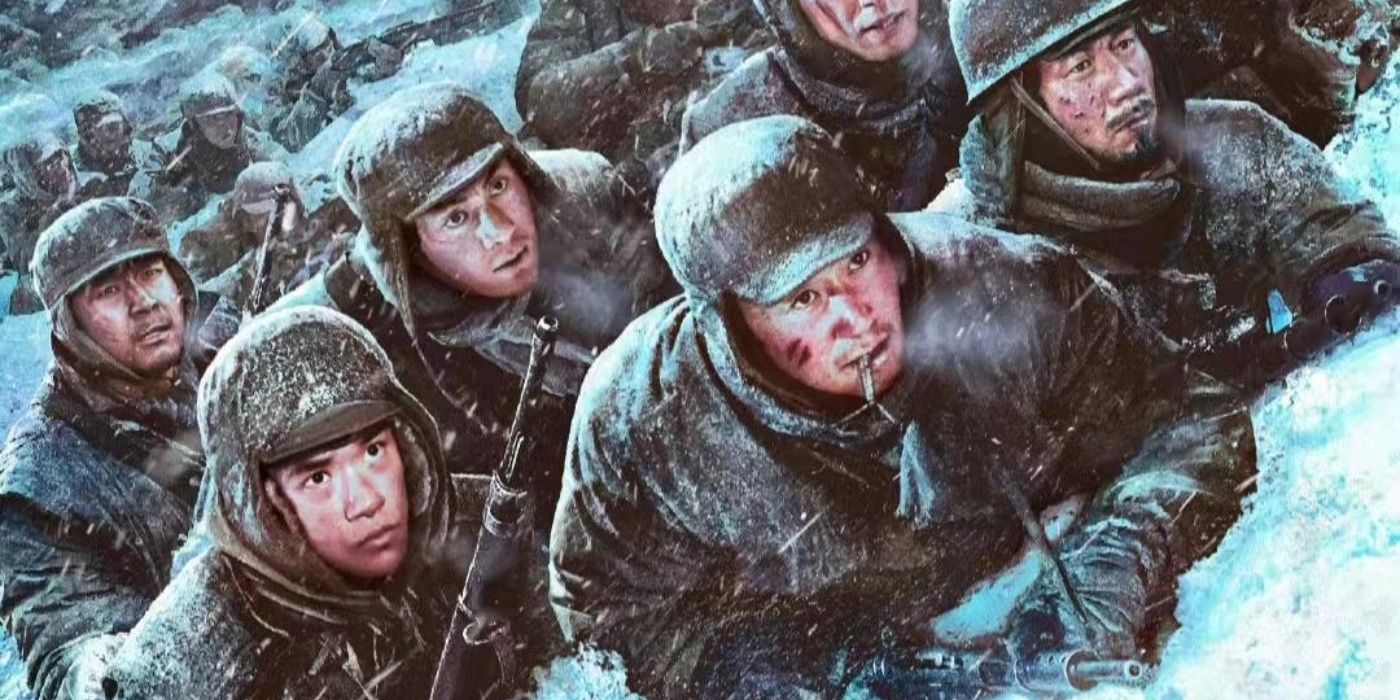In the context of Hollywood's dependence on the Chinese box office, it seems almost perfect that Venom: Let There Be Carnage and No Time to Die were released around the same time, and both eclipsed shortly after by the latest Chinese propaganda film, The Battle at Lake Changjin. The undeniable success of China's ad for the authoritarian Chinese Communist Party should disturb Hollywood studios because it seems to signal the end of their hopes and dreams for an open Chinese theater market.
It might not look that way to the casual observer. MGM and Eon Production's No Time to Die earned a record $121 million worldwide in its opening weekend. Sony and Tencent Pictures' Venom: Let There Be Carnage earned a respectable $127 million worldwide in its first week. Those are respectable figures in this day and age. However, Bona Film Group's The Battle at Lake Changjin, which screened in just one country, earned $230 million in its first weekend.
It has long been the hope in Hollywood that the Chinese government would eventually open the market up to foreign films, instead of placing a quota on how many foreign films theaters will screen. That would give all Hollywood productions equal access to the market that, before the pandemic, was worth $9 billion and is currently worth around $5.11 billion. It was able to surpass the U.S in box office value far sooner than expected due to the coronavirus (COVID-19) pandemic, which put Hollywood at an early disadvantage anyway.
For the last couple of decades, China has been steadily developing and growing its film industry. Of course, there hasn't been much competition from anywhere else. As mentioned, the CCP-controlled government has been imposing quotas for decades, nationwide blackouts of foreign films -- like the week-long celebration of its Oct. 1 national day -- and outright bans on certain productions -- even if they make it past the government censors, like Shang-Chi and the Legend of the Ten Rings did. Before the pandemic, there was talk that the government might raise the quota and open China up to foreign films a little more. But that appears to be based on the assumption that China's theaters need foreign films to keep running. That might have been the case a long time ago, but that simply isn't the reality anymore.
The box office success of The Battle at Lake Changjin, and every one of the propaganda films that cinemas in China have been forced to screen over the last year, proves that China just doesn't need Hollywood as much as Hollywood needs China. Quotas are likely to shrink now rather than expand and censors are more likely to get a lot stricter in their judgment of foreign films. It's purely because China's films are almost guaranteed to be spreading the messages that the CCP wants people to see, and Chinese authorities have imposed new regulations on what that message should be. That doesn't mean that the Chinese people actually enjoy the propaganda all that much, it's just all they have available to them.
So what does that mean for Hollywood? Either studios will try harder than ever before to get through China's state censors -- and thereby import censorship policies -- or they will have to change their approach. Until the Chinese state is free from the fist of the Chinese Communist Party, Hollywood is better off relying on the rest of the world.



